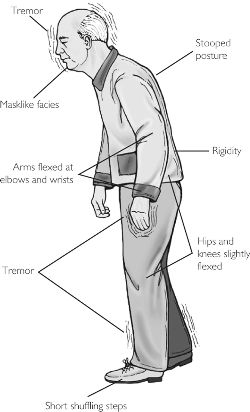Drug Enforcement Administration denies the long standing petition to reschedule marijuana. DEA, Department of Justice based the decision on the scientific and medical evaluation as well as scheduling recommendation from the Department of Health and Human Services. According to DHHS, marijuana has high potential for abuse, has no accepted medical use in the United States, and lacks an acceptable level of safety for use even under medical supervision. This puts back cannabis to schedule 1 drug, the most restricted category of drug under the Controlled Substances Act in 1970, lining it up with heroin. Read complete decision here.
“The known risks of marijuana use have not been shown to be outweighed by specific benefits in well-controlled clinical trials that scientifically evaluate safety and efficacy," wrote DEA Administrator Michele M. Leonhart. Significantly, even in states wherein medical marijuana has been legalized, hospitals like the Montana State Hospital does not allow possession of marijuana in their facility. Professionals in medical scrubs take them into lock box, even if a card holder is in possession of it.
It came to be 9 years when the petition for rescheduling cannabis was filed. During that period, marijuana has been approved in Alaska, Arizona, California, Colorado, DC, Delaware, Hawaii, Maine, Michigan, Montana, Nevada, New Jersey, New Mexico, Oregon, Rhode Island, Vermont, and Washington. The question of whether state laws would still protect medical marijuana users after federal declaration concerns many. Marijuana dispensaries and scientific researches are feared to also take the brunt of the decision.
However, not everyone sees an all cloudy future for medical marijuana. “The government was employing a "strategy of delay" these past nine years, and, now that it has come out on one side, advocates can finally appeal, enabling them to "go head-to-head on the merits," stated chief counsel Elford. Whether or not the court would side with the advocates is unclear, given the fact that in both 1972 and 1995 appeals, marijuana reclassification petition both failed.

